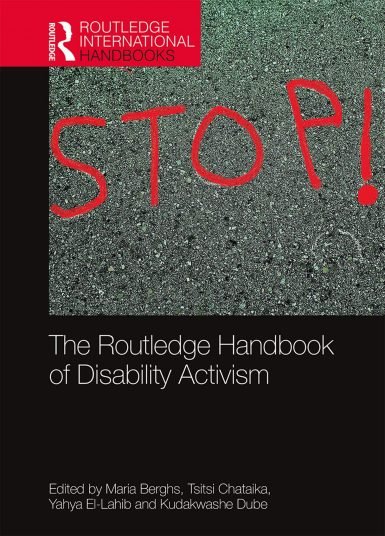updraftplus domain was triggered too early. This is usually an indicator for some code in the plugin or theme running too early. Translations should be loaded at the init action or later. Please see Debugging in WordPress for more information. (This message was added in version 6.7.0.) in /home/u180249597/domains/anis.org.br/public_html/wp-includes/functions.php on line 6114polylang domain was triggered too early. This is usually an indicator for some code in the plugin or theme running too early. Translations should be loaded at the init action or later. Please see Debugging in WordPress for more information. (This message was added in version 6.7.0.) in /home/u180249597/domains/anis.org.br/public_html/wp-includes/functions.php on line 6114
This chapter examines the critical understandings of the use of social media to achieve political mobilisation around identity politics and resistance in the later part of the 2010s in Brazil. In Brazil, as an analytical category, the word ‘ableism’ was used for the first time by Anahi Guedes de Mello in a work in co-authorship with Felipe Fernandes and Miriam Grossi without, however, having a more comprehensive conceptualisation. The statements contest the hegemonic cultural productions of ‘abilities’ marked by the form and functioning of bodies that in turn mobilise and injure our sensitivity to what is ‘normal’, ‘beautiful’, ‘healthy’ and ‘independent’, because the charismatic fantasy of solidarity sees disabled people as ‘special’ passive subjects. The ‘textualization of subjectivity’, to some extent contained in this hashtag as a ‘cybernetic’ textual prosthesis, can also be found in the artistic and political work of Spanish artist Miriam Vega.